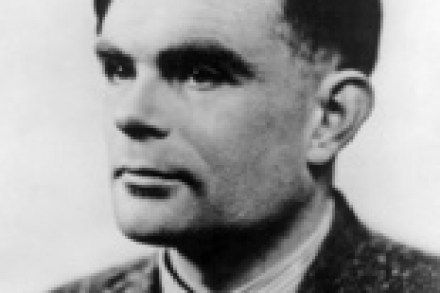From Madrid with love
In June 1943 the film star Leslie Howard was mysteriously killed when his plane was shot down by the Luftwaffe on a return flight from Spain. This was an unprovoked attack on a commercial airliner, and there seemed to be no motive for it. British intelligence circulated rumours that the Germans had hoped to kill Churchill, whom they mistakenly thought was travelling on the plane. In fact, it now seems that the Germans’ target was Leslie Howard himself. He was returning from a celebrity tour of Spain, following the success of Gone with the Wind, in which he starred as Ashley Wilkes. Howard had been sent to Spain as part




